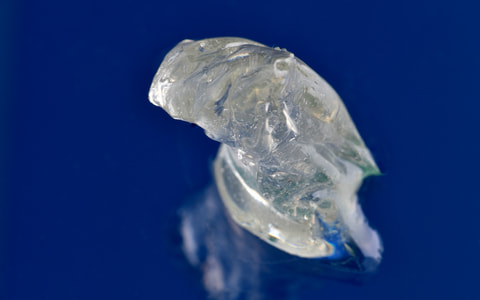
Butadiene rubber generated using the world’s first butadiene produced by fermentative production
Yokohama Rubber: Efficient generation of butadiene from biomass: Nature Communications
-Reducing dependence on oil and contributing to CO2 reduction-
Yokohama Rubber:
RIKEN:
ZEON:
On April 13, we developed the world’s first new technology that can efficiently produce butadiene from biomass.
The development was successful through joint research by the “Biomonomer Production Research Team”.
What is Butadiene?
It is used as a raw material for automobile tires.
Used as the main raw material for synthetic rubber.
Currently, it is produced as a naphtha pyrolysis / by-product.
This time, we have established a newly developed butadiene production technology.
It can reduce its dependence on oil and contribute to the reduction of carbon dioxide.
Biomonomer Production Research Team:
New technology for butadiene production:
Succeeded in creating cells with excellent butadiene-producing ability by using a new artificial pathway and enzyme.
This has made it possible to “go through an intermediate that is cheaper than conventional metabolic pathways.”
By incorporating the knowledge of newly developed enzymes, butadiene fermentation production costs can be significantly reduced.
Published on the same day in the research paper “Nature Communications” in the field of natural science.
New technology for isoprene production:
For isoprene, the main raw material for synthetic rubber, we created cells with excellent isoprene-producing ability.
The research team will build the world’s first new artificial pathway in 2018,
Create cells with isoprene-producing ability by synthesizing highly active enzymes.
We succeeded in “consistently performing from biomass (sugar), which is the starting material, to isoprene production in this cell.”
Impress Watch
https://car.watch.impress.co.jp/docs/news/1318414.html
Yokohama Rubber Develops World’s First Technology for Producing Butadiene from Biomass
Tokyo—The Yokohama Rubber Co., Ltd.,
today announced that it has developed the world’s first technology capable of efficiently producing butadiene from a biomass.
The breakthrough
was achieved by the “Bio-monomer Production Laboratory” jointly established with the RIKEN and Zeon Corporation.
Butadiene
is a core raw material used to make synthetic rubber used in automobile tires and other products.
Currently, industrial butadiene is produced as a by-product of naphtha pyrolysis.
As such, the development of an independent butadiene production technology
will help reduce dependence on petroleum and lower carbon dioxide (CO2) emissions, a major cause of global warming.
The joint research team
has succeeded in creating cells with excellent butadiene-producing ability using new artificial pathways and enzymes.
This makes it possible to go through cheaper intermediates than conventional metabolic pathways,
and by incorporating the knowledge of the enzymes that have been developed thus far, the cost of butadiene fermentative production will be significantly reduced.
The team’s research results
will be published in April 13 (at 7pm in Japan time) in Nature Communications, an online journal based in London and elsewhere that publishes high-quality research from all areas of the natural sciences.
The team also has succeeded in producing polybutadiene rubber from the butadiene produced by the world‘s first fermentation production using this new technology.
https://www.y-yokohama.com/release/?id=3567&lang=en
In 2050, Michelin tires will be 100% sustainable | Automotive World
https://www.automotiveworld.com/news-releases/in-2050-michelin-tires-will-be-100-sustainable/